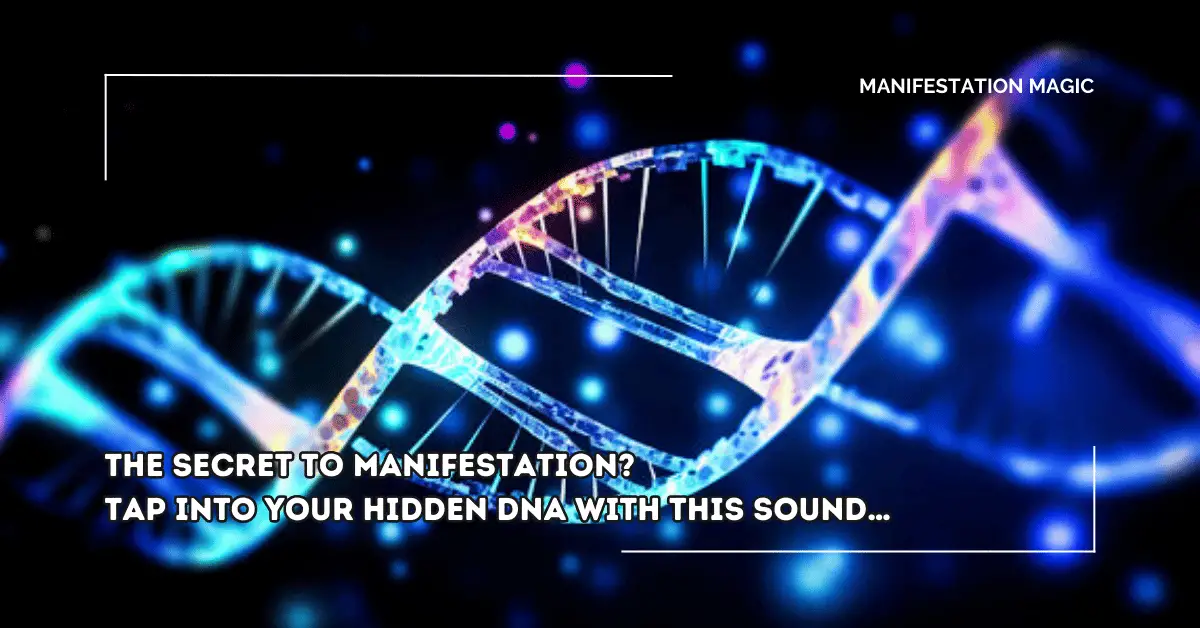Have you ever wondered why certain events happen in your life, apparently connected by an invisible wall?
Or why some people seem to attract positivity, while others experience constant challenges?
The answer may lie in the profound concept of karma. Karma, derived from the Sanskrit word meaning “action” or “deed,” is the universal principle of cause and effect.
It is the idea that our actions, thoughts and intentions create a ripple effect that reverberates throughout our lives.
Karma operates on the belief that every action we take, whether positive or negative, generates corresponding consequences.
These consequences may not always be immediate or obvious, but they shape the course of our lives over time.
Understanding the power of karma can empower us to make conscious choices, align our actions with our intentions, and create a life of harmony, growth and fulfillment.
The Law of Karma: As You Sow, So You Reap
The law of karma says that everything we put out into the world comes back to us. It is the principle of “As you sow, so shall you reap.”
Just as a farmer sows seeds and expects a harvest, our thoughts, words, and actions plant seeds that will eventually bear fruit in our lives.
If we plant seeds of kindness, compassion, and generosity, we are likely to experience positive results and attract similar energy into our lives.
On the other hand, if we sow the seeds of negativity, deceit, and harm, we will likely face challenges and attract negative experiences.
Understanding the power of karma invites us to take responsibility for our actions.
It encourages us to stop and consider the potential consequences of our choices, as well as the impact they may have on others.
By cultivating awareness and mindfulness, we can navigate our lives with greater intention and align our actions with our highest values.
The Three Kinds of Karma
Karma can be categorized into three types: Sanchita Karma, Prarabdha Karma, and Agami Karma.
Sanchita Karma:
Sanchita Karma refers to karma accumulated from past actions, thoughts and intentions.
It includes the sum total of our actions and experiences from previous lives.
Sanchita Karma influences our actual life and shapes our circumstances and tendencies.
Prarabdha Karma:
Prarabdha Karma is the part of our accumulated karma that has ripened and is currently active in our present life.
It is the destiny we are born with, the experiences we encounter, and the situations we face.
Prarabdha Karma gives us opportunities for growth, learning and resolving past actions.
Agami Karma:
Agami Karma is the karma we create through our present actions, thoughts and intentions.
It is the karma that we are actively generating in our daily lives.
Agami Karma is in our control and offers us the chance to consciously shape our future by making choices aligned with our higher self.
Breaking the Cycle: Transforming Negative Karma
If we find ourselves trapped in negative patterns or facing challenging situations, we have the power to break the cycle and transform our karma. Here are some practices to consider:
Self-Reflection and Insight:
Take time for self-reflection and examine your patterns of behavior, thoughts, and intentions.
Cultivate awareness of the underlying motivations behind your actions and identify any negative patterns that may be contributing to your current circumstances.
Practice Conscious Action:
Engage in conscious and intentional action. Before making decisions or taking action, consider the potential consequences and align them with your values and intentions.
Act with kindness, integrity and compassion, knowing that your actions will shape your future experiences.
Practice Forgiveness:
Let go of grudges, resentments, and negative emotions towards others.
Forgiveness frees you from the burden of negative karma and allows you to move forward with compassion and understanding.
Serve Others:
Engage in acts of selfless service and kindness.
By helping others and contributing positively to the world, you create a ripple effect of positive karma and attract abundance and blessings into your life.
Conscious Speech:
Be aware of your words and how they can impact others.
Use your words to uplift, encourage, and inspire.
Avoid gossip, negativity, and harmful speech, as they generate negative karma.
Practice Generosity:
Share your resources, time and energy with others.
Generosity creates a flow of positive energy and abundance in your life.
Give without expecting anything in return, knowing that your acts of giving will be rewarded in ways you may not even anticipate.
Cultivate Gratitude:
Cultivate a daily gratitude practice.
Recognize and appreciate the blessings, opportunities, and positive experiences in your life.
Gratitude shifts your focus from lack to abundance and attracts more positive experiences.
Seek Self-Reflection and Growth:
Engage in practices such as meditation, journaling, or therapy to deepen your self-awareness and uncover subconscious patterns or beliefs that may be contributing to negative karma.
By addressing and transforming these patterns, you can create positive change in your life.
Remember, karma is not about punishment or reward but about growth and learning.
It is an invitation to take responsibility for our actions and consciously choose a path aligned with our highest good.
By understanding the power of cause and effect, we can actively shape our destiny and manifest a life of harmony, joy, and abundance.
Karma is a profound concept that teaches us the importance of our actions, thoughts and intentions.
By aligning ourselves with positive karma, we can break negative patterns, create a ripple effect of goodness, and manifest a life of abundance and fulfillment.
Embrace the power of cause and effect, and let it guide you on a transformative journey of self-discovery and growth.



